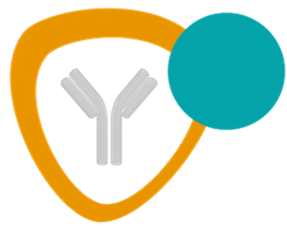We use cookies to make your experience better. To comply with the new e-Privacy directive, we need to ask for your consent to set the cookies. Learn more.
 FAQ POLYCLONAL ANTIBODIES
FAQ POLYCLONAL ANTIBODIES
Some frequently asked questions about polyclonal antibodies (click on the question to see the answer):
We can assist you in designing your peptide. We use a combination of prediction software and in-house expertise to select the most relevant immunogenic peptide sequences. We select peptide sequences for immunisation based on a number of criteria:
- antigenicity, hydrophobicity and accessibility,
- sequence alignment (BLAST) to confirm peptide specificity,
- secondary structure analysis (signal peptide, transmembrane domains, DNA binding domain…),
- predictive study to determine potential difficulties with the synthesis.
Phosphorylation is one of the major post-translational modifications. Visit the section of our website dedicated to post-translational modification as immunogens for more specific information. Briefly, the phosphorylated peptide is first conjugated to a carrier protein and used to immunise the host animals. Following the final bleed phospho-specific antibodies will be purified by a 3-step affinity purification procedure:
- the immune serum is loaded onto a column with the control peptide coupled to agarose beads, thus retaining unmodified peptide-specific antibodies,
- the flow-through is then loaded onto a column with the modified peptide coupled to agarose beads, thus retaining the modified peptide-specific antibodies,
- after elution, the eluate is assayed by ELISA against both peptides to control its immunoreactivity and its specificity against the modification.
